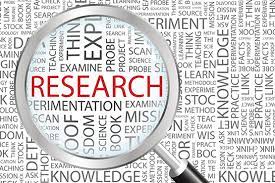The World Health Organization recently published the first of what it calls the “Top 30 Medicines to Save Mothers and Children,” a guide to drugs that should be in every hospital and clinic in every poor country.
More than 8 million children under age 5 die each year, and 1,000 women die every day from complications of pregnancy or childbirth. Many people can be saved with cheap drugs or simple measures such as the antibacterial agents chlorhexidine digluconate and magnesium sulfate (a component of Epsom salts). The list does not include expensive brand-name medications, but instead focuses on medications available in dry tablet or powder form that can be cheaply shipped and mixed locally with liquids for use by children.

The World Health Organization’s list includes oxytocin and saline to treat postpartum hemorrhage, and injectable magnesium sulfate and calcium gluconate to treat high blood pressure during pregnancy.
The list contains many antibiotics used to prevent infections during childbirth or abortion, and to treat pneumonia and blood or brain infections in children.
The new list includes misoprostol, used to induce labor, and nifedipine and betamethasone, used to prevent preterm labor. For the treatment of diarrhea, the World Health Organization recommends oral rehydration salts and zinc. For malaria, the list recommends combination drugs containing artemisinin, and for advanced malaria, artesunate. For HIV, some common triple antiretroviral therapy combinations are offered.
The World Health Organization also recommends vitamin A for the treatment of measles. This vitamin does not prevent infection, but children who take it are less likely to die from measles.
Post time: Oct-10-2023




